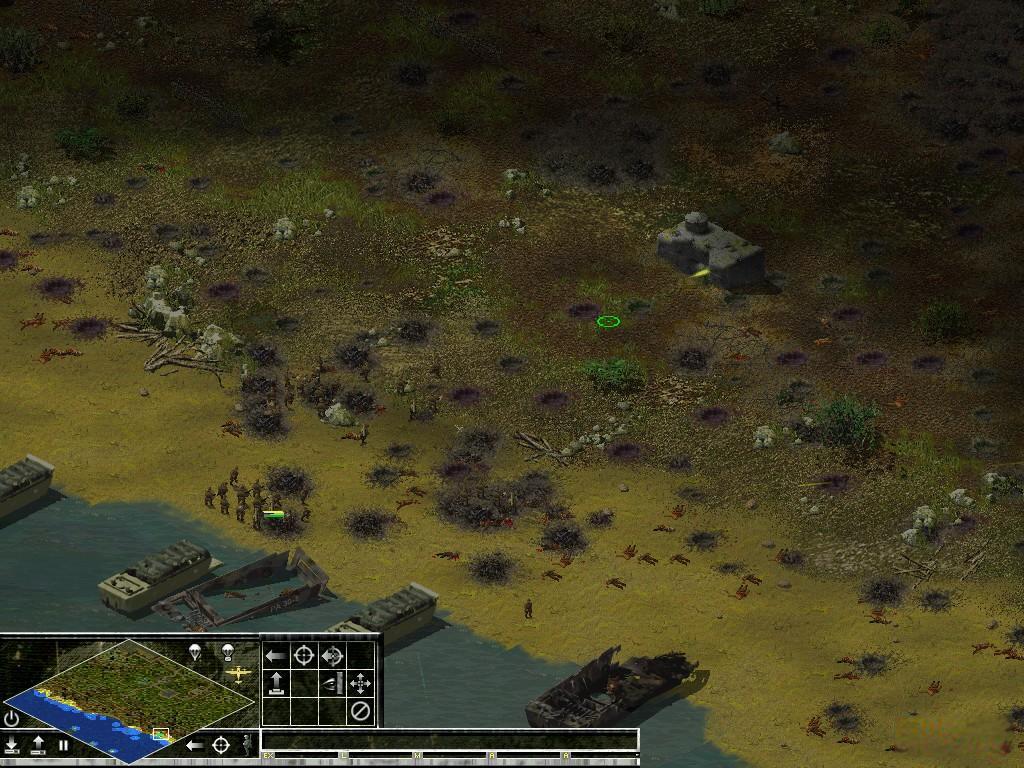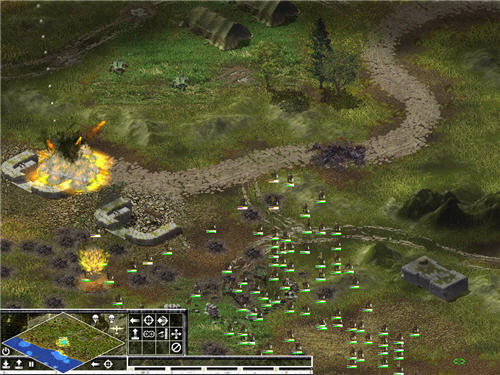

Some might think the last thing a cauldron of conflict needs to have is more fighting on its doorstep.īut surely there is more to this than the very reasonable need for nations to test and prove their defensive abilities to other nations. This is massive military activity in Europe during May - and that's not even counting the very real war being fought in Ukraine. And then Exercise Swift Response in North Macedonia will involve simulated airborne assaults of troops from the US, the UK, France, Italy and Albania.

At the same time, Exercise Defender will take place in Poland with military personnel from a dozen nations.

Also this month, the UK military will take part in Exercise Hedgehog on the Estonia-Latvia border with 18,000 NATO troops, helicopters, armored forces, artillery, electronic warfare, air defense and surveillance drones. It is part of Exercise Arrow, involving troops also from the US, Latvia, Finland and Estonia. This month, Britain is sending 8,000 troops, 72 tanks and 120 armored fighting vehicles to eastern Europe even as the war in Ukraine continues to rage. This is important to consider because Britain has just announced it will play a significant role in a major series of military exercises during the course of May which will see tens of thousands of troops from a dozen or more countries - one of the largest deployment of Western troops since the Cold War - engaged in what the UK's Defense Secretary Ben Wallace described as a "show of solidarity and strength," involving NATO and its allies and partners in theatres from Finland on the Baltic to North Macedonia on the Aegean. In short, the question is do war games increase the risk of conflict rather than counter it?Īnd how much riskier is it if those games are played out in an area where there is already a real war raging, like Europe? Another view is that far from being a deterrent, they can be seen by that same potential adversary as a risky escalation - not least because they are increasingly used to "field test" new systems - and therefore can cause instability.

One is that they test the capability of resources and strategy, the integrity of co-operation between countries, and by demonstrating effectiveness to potential adversaries, it is argued, they contribute to stability around the world. There are different schools of thought about multinational joint military exercises. And to play war games when there is a real war going on is a very dangerous game to play indeed. They call them war games, but games are the very last thing they are.


 0 kommentar(er)
0 kommentar(er)
